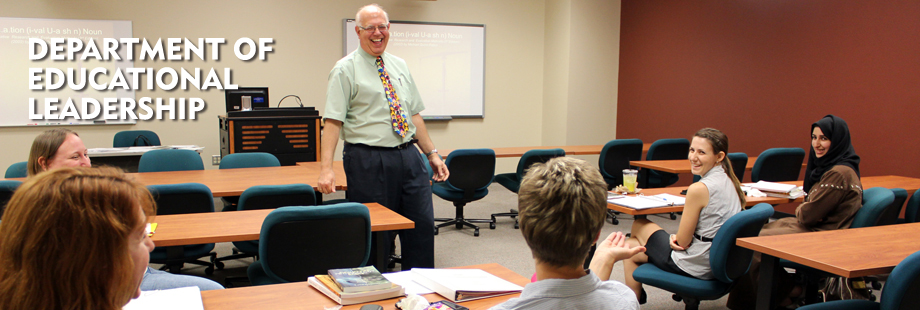Document Type
Article
Publication Date
6-30-2023
Publication Source
Journal of Higher Education Policy and Leadership Studies
Abstract
Affiliated college academic staff members in India represent an abundance of frontline knowledges which hold great promise for impacting bottom-up policy. However, their knowledges are typically missing from the literature or not shared cross-institutionally. While it is common for them to express a lack of discretion, many find avenues for invoking high impact practices common to street-level bureaucrats. This study focuses on how they navigate university curriculum and exam policies through six emerging and high impact practices. This study highlights their high impact practices performed by illustrating meaningful mechanisms for coping and adapting to policies, and emerging insights regarding the role policymakers play in response to academics. We do this via composite storytelling, which merges participants’ perspectives into narratives. Findings suggest grounding (in part) street-level bureaucrats high impact practices when (re)developing policies and the channels through which policies flow, to support the ways frontline workers cope and adapt to their work.
Inclusive pages
92-105
ISBN/ISSN
2717-1426
Volume
4
Issue
2
Peer Reviewed
yes
Keywords
India, Higher Education, Affiliated Colleges, Composite Storytelling, Policy
eCommons Citation
Witenstein, Matthew A. and Abdallah, Joanna, "Composite Storytelling Affiliated College Faculty Narratives in India to Propose Curriculum and Exam Policy Revisions" (2023). Educational Leadership Faculty Publications. 285.
https://ecommons.udayton.edu/eda_fac_pub/285
Included in
Educational Assessment, Evaluation, and Research Commons, Educational Leadership Commons, Higher Education Administration Commons




Comments
This article is published under the Creative Commons Attribution-Noncommercial license, which allows reusers to distribute, remix, adapt, and build upon the material in any medium or format for noncommercial purposes only, and only so long as attribution is given to the creator (CC BY-NC 4.0).